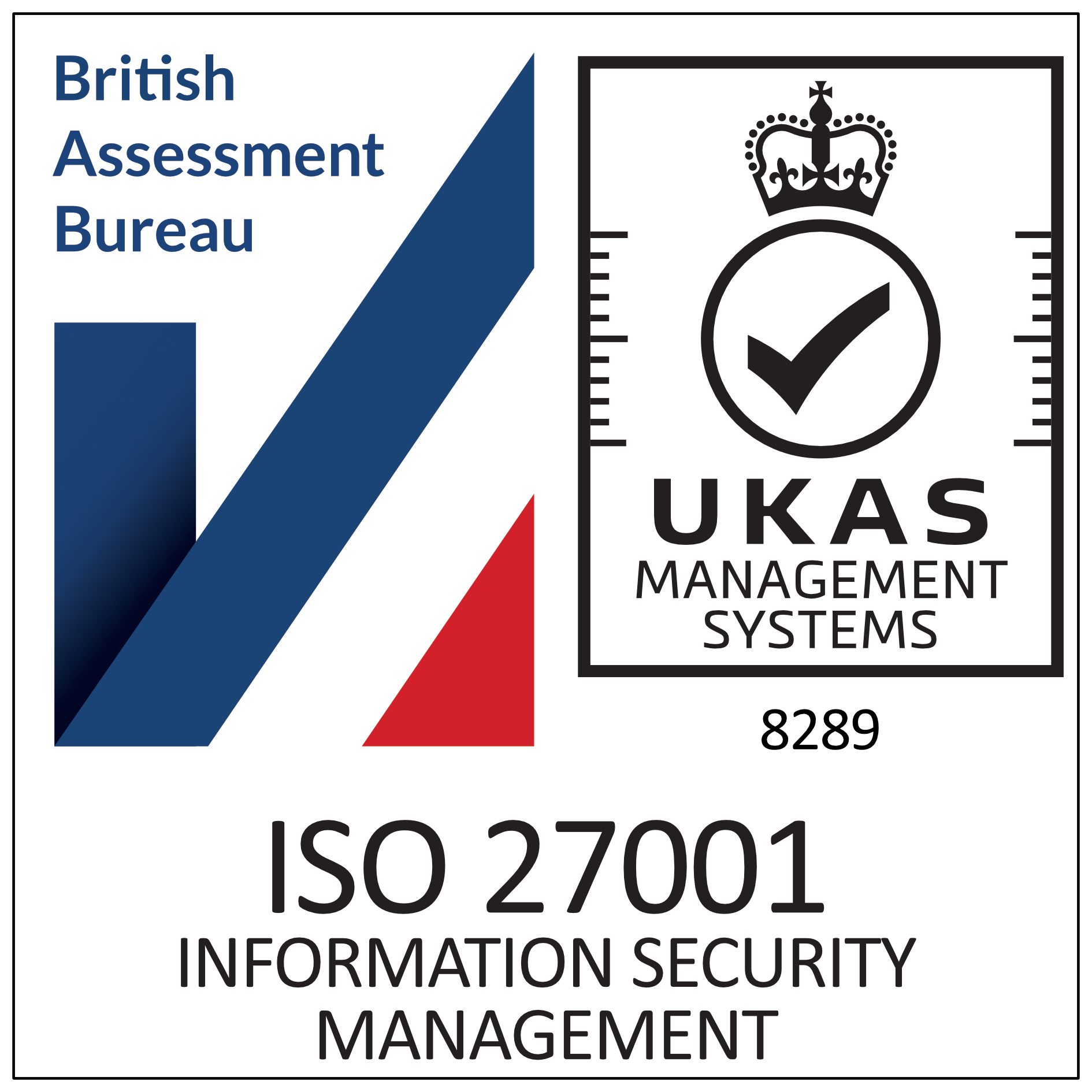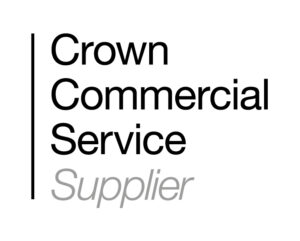The Hidden Costs of Workforce Planning: Why Ethics Matter More Than You Think
The Hidden Costs of Workforce Planning: Why Ethics Matter More Than You Think

How important is ethical workforce planning? Seems obvious, right? Extremely important. But why? What does it really mean to take an ethical approach to workforce planning, and how does that play out when consultants are brought in with promises of optimisation?
In a recent LinkedIn post, I discussed Return on Investment (ROI) in workforce planning, arguing that it shouldn’t be focused solely on financial returns. The real ROI, in my view, should be about improving patient outcomes. But it’s more than that—it’s about ensuring safety and reducing risk. Yes, reducing backlogs and lowering contingency spending are important, but should those be the primary metrics? The bigger, often under-appreciated return is about making better, more evidence-based workforce decisions that benefit both staff and patients.
This is where the concept of ethical workforce planning comes in. As our workforce lead calls it, “realistic workforce planning.” Too often, external consultants promise to save trusts money by cutting staff or increasing workloads without understanding the long-term consequences. This approach is obviously tempting for a Finance Director under pressure to cut costs, but at what expense?
When you look only at surface-level data, you can read into it whatever suits your agenda. A simple example: “We need 10 doctors to deliver our service, but we could make do with 8, spreading the workload.” Or, “This service is running with vacancies—maybe we don’t need to fill them.” These shortcuts might save money in the short term, but what’s the real cost? When patient safety, staff wellbeing, and the overall effectiveness of the service are compromised, the price could be devastating—sometimes even costing lives.
Ethical Workforce Planning: More Than Just Filling Gaps
To truly understand ethical workforce planning, we need to delve deeper. It’s not about shuffling people around like pieces on a chessboard. It’s about putting the right people, with the right skills and experience, in the right roles at the right time. This requires an understanding of far more than just headcount.
Ethical workforce planning considers competence, experience, and external commitments—all those factors that ensure people can perform safely and effectively. It’s not just about filling shifts. Imagine a complex puzzle: workforce planning is that puzzle, but unlike a standard puzzle, you need extra pieces—contingencies that ensure there’s a safety net when something goes wrong. It’s a false economy to just keep the boat afloat with minimal staffing; the gaps, strain, and burnout will eventually show.
Here’s the ethical dilemma: Do we make the short-term financial savings, or do we invest in the long-term sustainability of both our staff and patient care? Ethical workforce planning demands that we choose the latter.
The Ethical Imperative: Beyond Numbers to Safety and Wellbeing
Ethical workforce planning means prioritising these four core pillars:
- Patient Safety: Ensuring that services are adequately staffed to deliver safe, high-quality care.
- Staff Safety: Avoiding overwork and unsafe working conditions, which lead to burnout and mistakes.
- Staff Wellbeing: Building teams that can function effectively without risking their mental and physical health. We should be asking: Are we creating moral hazard by forcing staff into impossible situations?
- Patient Outcomes: Optimising care not just to meet quotas but to genuinely improve the health and lives of patients.
These considerations transcend basic workforce management. They reflect a commitment to doing what’s right, even when it’s more difficult or costly. It’s tempting to cut corners in the name of efficiency, but true efficiency—one that sustains patient care and staff wellbeing—can only be achieved through planning that respects the human beings at the heart of the system.
The False Economy of Short-Term Gains
Let’s talk about the solar panel problem. The idea is simple: The promise of long-term savings often feels abstract and distant, while the upfront costs are immediate and painful. This is the challenge NHS trusts face when making decisions about workforce investments.
It’s easier to cut costs today, delaying difficult decisions, than to spend more now for sustainable outcomes later. The fear is that these investments won’t yield tangible returns fast enough to justify the expense. But much like ignoring the long-term benefits of solar panels, choosing short-term savings in workforce planning ignores the ethical cost: declining patient care, overburdened staff, and, ultimately, higher costs in dealing with crises that could have been prevented.
Think about it: Is the current spend really about effective resource management? Or is it a reaction to disorganised workforce planning? The reality is, many trusts end up spending more in contingency cover, temporary staff, and handling backlogs because of insufficient, short-sighted planning. This is the antithesis of ethical workforce optimisation.
Ethical Workforce Planning: An Investment in the Future
Ethical workforce planning is not a luxury or a secondary concern—it’s fundamental to the success of healthcare systems. It aligns with the NHS’s core mission to improve patient care and protect staff wellbeing. By ensuring that workforce decisions are guided by more than just immediate financial returns, we invest in something far more valuable: a system that is resilient, effective, and, most importantly, ethical.
We owe it to our patients, our staff, and the future of healthcare to plan responsibly. Because when we make ethical decisions today, we safeguard the future—not just financially, but in terms of lives saved, careers sustained, and a healthcare system that works for everyone.
So next time you hear about workforce optimisation or a promise to save money, ask: At what cost? Are we planning for tomorrow, or just trying to survive today?
Author

Philip Bottle
Managing Director
07894 128377
philip@sardjv.co.uk
Philip Bottle
Managing Director
07894 128377
philip@sardjv.co.uk
Recent Articles

Registered address
SARD JV Limited
Unit 76, Innovation Centre
University Road, Canterbury
CT2 7FG
A joint venture with Oxleas NHS Foundation Trust.
Registered in England and Wales with company number 07916735. VAT No. 131901840
Designed and built By Tweak Marketing
Privacy Policy





